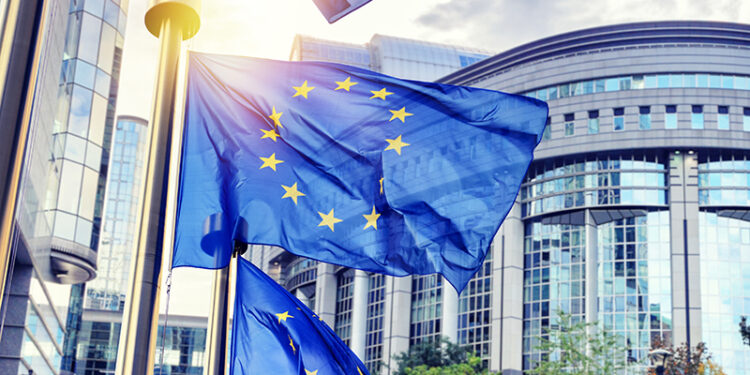Economic growth in the Eurozone is the fastest in 16 months despite slowing demand

An initial survey revealed a acceleration in economic activity in the Eurozone during September, reaching the fastest growth rate in 16 months. However, this recovery faces a challenge as new orders have stopped growing, raising questions about the robustness and momentum of this improvement.
The composite Purchasing Managers' Index, which is a key measure of economic performance, rose to 51.2 points in September compared to 51.0 points in August, with any reading above 50 indicating an expansion in activity.
The services sector was the main driver of this performance, with its index jumping to 51.4 points, marking its highest level in nine months, thus exceeding analysts' expectations. However, the picture was not positive for the manufacturing sector, which lost momentum and sank back into contraction territory after its index fell to 49.5 points.
The survey revealed a wide performance gap between the two largest economies in the bloc. While Germany recorded strong growth with the fastest expansion since May 2023, France continued its contraction for the thirteenth consecutive month, with the pace of decline accelerating to its highest level since April.
Commenting on the results, Cyrus de la Rubia, chief economist at Hamburg Commercial Bank, said: "The Eurozone is still on a growth path, but we are still far from any real momentum."
One of the most concerning signals emerged from the decline in the sub-index for new orders to the neutral level of 50.0 points, indicating a halt in demand growth. Additionally, the weak growth in new business led to overall employment rates stabilizing, ending six consecutive months of job creation.
Regarding inflation, the data showed a decrease in pressures, as input costs and output prices rose at a slower pace. Manufacturing input costs fell for the first time in three months, while service companies raised their prices at the slowest pace since May, indicating that inflationary pressures remain relatively high but are more moderate.
This survey comes at a time when the market is awaiting the European Central Bank's directions after it recently kept interest rates unchanged, amid expectations that the rate hike cycle may have reached its end.